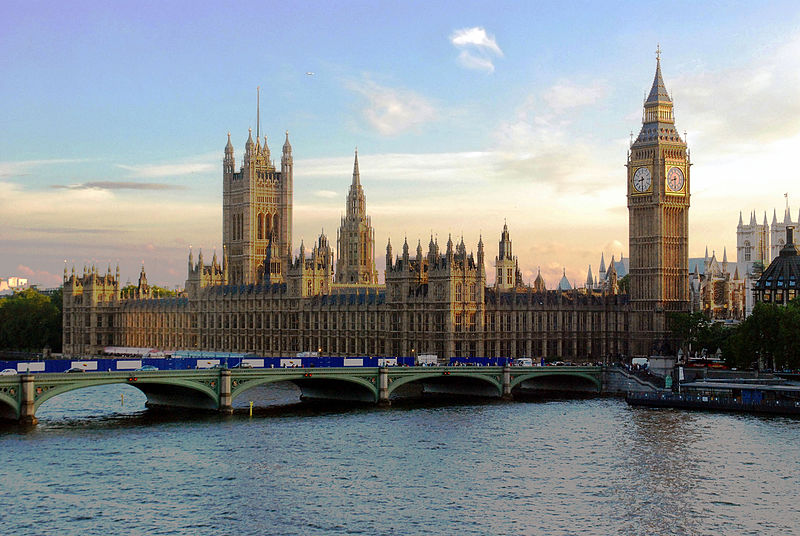BUILDINGS OF POWER
PARLIAMENTS AROUND THE WORLD
DINESH VORA
The US Congress meets in Washington at the Capitol building, which features a vast dome and elaborate triangular pediments perched on top of grand columns inspired by the classical architecture of Greek and Roman temples. Construction of the building began in 1793, and it was first occupied in 1800. Since then, numerous additions have been made by a succession of architects, including the replacement of the original dome with the current cast-iron structure. [2] FRANCE Classical themes also inspired the design of this portico on the Palais Bourbon, which has been the seat of the French National Assembly or lower legislative chamber of the French government since 1798. The portico was added to the palace in 1806 to honor Napoleon, but the emperor was reportedly unimpressed. "He regretted he was no longer an artillery officer who could target his canons against this ridiculous screen," future minister for fine arts Antonin Proust said in 1891.
[3] SOUTH AFRICA
South Africa's Parliament, which was completed in 1884, displays similar neoclassical design principles alongside bold terracotta-coloured brickwork. It also takes the principle of separation of powers unusually literally: based in Cape Town, it is over 900 miles (1,450km) away from the government departments it scrutinises, which are based in Pretoria.
[4] GERMANY
The Reichstag, home to Germany's Parliament, boasts a glass dome designed by British architect Norman Foster and added amid significant restoration after the country's reunification. The original building opened in 1894, but was severely damaged by a 1933 fire blamed by Hitler on communist rabble-rousers, a threat that - real or otherwise - helped him to strengthen his grip on power.
Canada's parliamentary buildings, like the UK Houses of Parliament, drew inspiration from the gothic architectural tradition. The main buildings were constructed between 1859 and 1866, and the tower, which bears a striking resemblance to the clocktower in Westminster housing Big Ben, was added in 1927. Inside the building there are other echoes of Westminster: Canadian MPs also face their political adversaries across a House of Commons decked out with green leather seats. But the neogothic and neoclassical motifs espoused by many western legislatures were eschewed when the Diet National Parliament Building was constructed between January 1920 and November 1936 in Tokyo. Russia's lower house, the State Duma, has met in an imposingly brutalistic building since 1994, after the previous year's constitutional crisis left the White House, the home of Russia's predecessor legislature, badly damaged by troops loyal to President Yeltsin. The designers of Australia's Parliament drew inspiration from the shape of boomerangs as they planned an extensive renovation of the dilapidated home of Australian legislators, completed in 1988. Much of the building's office space is concealed underground to provide some respite from Canberra's summer sun. In Brasilia, as in Canberra, architects and town planners were given the chance to realise radical design ideas. This building hosts Brazil's bicameral legislature. [10] INDIA India's Parliament House meanwhile emphasizes continuity with its circular structure, overseen by a statue of Mahatma Gandhi, with features that are designed to evoke ancient Indian monuments. The building was opened in 1927 after a construction project lasting nearly six years. The transfer of power from the UK to its former colony took place on the 15 August 1947 in the Central Hall, a circular, domed building within Parliament House.












.jpg)
0 comments:
Post a Comment